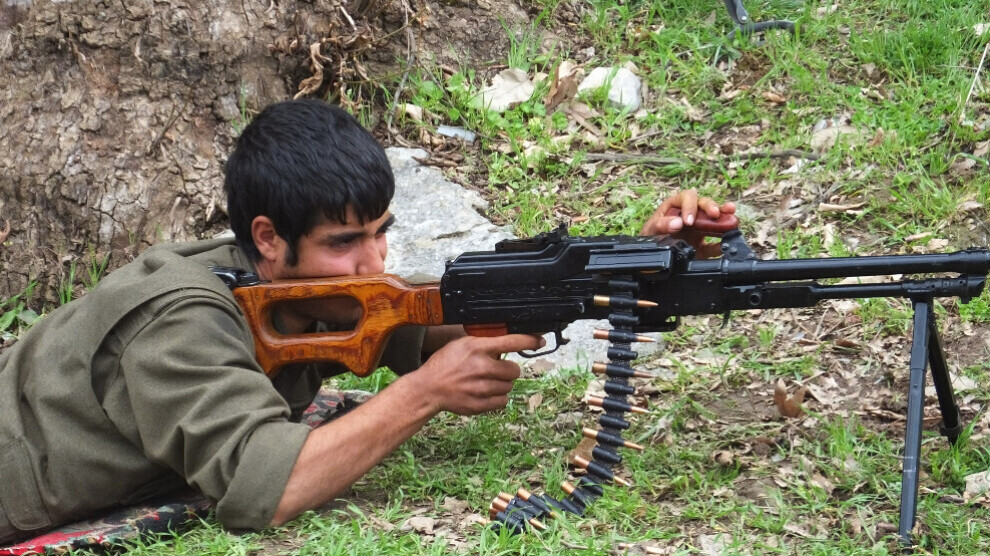The guerrilla commander, Brûsk Amed, came from Paris. In 2015, he joined the guerrillas and became a commander in the northern Kurdish region around Mount Cilo.
"Sara shaped our struggle"
A year before his death in 2020, he wrote about the Paris massacre in which three Kurdish revolutionaries, Sakine Cansız (Sara), Leyla Şaylemez (Ronahî) and Fidan Doğan (Rojbîn), were murdered by the Turkish secret service in 2013. “I didn't meet my friend Sara personally and never saw her. I read her book My Life Was a Struggle. And I got to know Sara at least a little bit from the stories about her and from films about her life which I watched in the organization. Sara was one of the first women to participate in the founding of the party. As far as I understood, Sara had a special determination, courage and she had a fighting personality in life. She shaped our struggle with her devotion to life, her honest and sincere camaraderie, her way of life and her belief in revolution. Her form of struggle has guided the struggle of the women's liberation movement and her determined steps have shown how women can overcome any difficulty in life. She was herself the most concrete expression of the philosophy of apoism and a leader in our struggle for freedom. Her active participation in all the work within the party, her great passion and morale and her constant role as a leading figure, in struggle as well as in life, make us her followers.
It is a commitment that comes from our bond with the martyrs of Paris that we continue the legacy of the freedom struggle they left us through a determined struggle and win the freedom of Rêber Apo [Abdullah Öcalan]. In order to wage a real, strong and determined struggle, we should have the way of life, the camaraderie and the attachment to the apoist philosophy that Sara, Rojbîn and Ronahî and the other many martyrs had. Their belief in revolution, their line of struggle and their militant personalities, are an example for us. In this way, we can shape the personality necessary for victory and do justice to their memory.”














